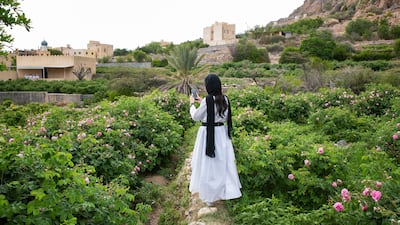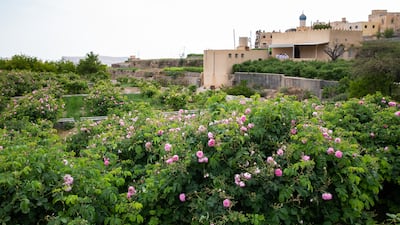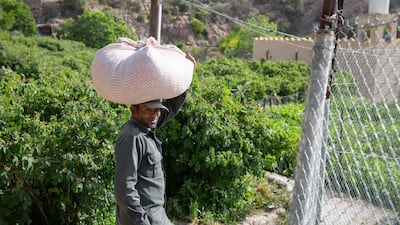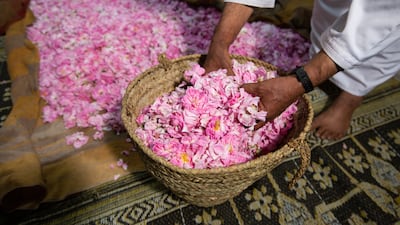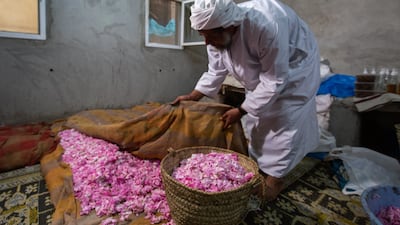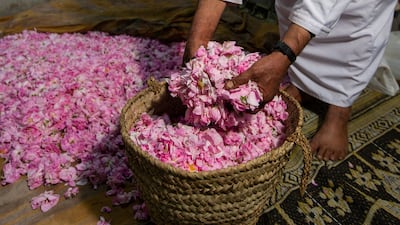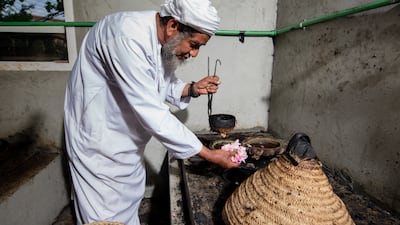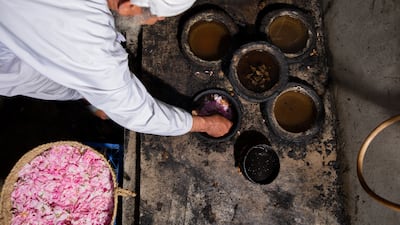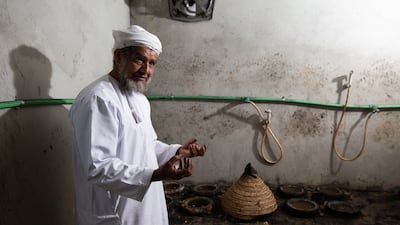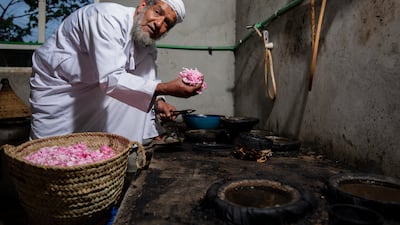Oman plans to repay a 512 million Omani rials ($1.33 billion) loan this month, ahead of maturity, as the sultanate uses revenue from soaring oil prices to reduce public debt and increase spending on priority projects.
The government was also able to buy back some international bonds prior to their maturity and has issued local deeds to cut the cost of funding, the state-run Oman News Agency reported on Thursday.
These steps are expected to result in savings of 127m rials, which will be deducted from the future debt service.
"This will enable the government to divert the surplus to spending on areas of priority, thereby enhancing investor confidence," the ONA report said.
Overall, Oman's public debt is expected to fall to 18.6bn rials at the end of July, compared with 20.8bn rials in December 2021, the report said.
"The government affirmed that it is pressing ahead with public debt management efforts ... and expediting the pace of economic recovery," it added.
Earlier this year, Sultan Haitham, Ruler of Oman, said that the country plans to use additional revenue from soaring oil prices to reduce its public debt and support spending on government projects, while ensuring inflation does not affect basic commodity prices.
Oil prices gained 67 per cent last year as the global economy bounced back from the Covid-19 pandemic-driven slowdown.
They have remained volatile this year amid fears of a global recession, Russia’s continuing military assault on Ukraine and lingering effects from the pandemic.
Brent, the global benchmark for two thirds of the world’s oil, rose to a notch under $140 per barrel in March. It has since given up some gains but is still more than 30 per cent higher since the start of this year.
Oman, a relatively small crude producer compared with its Gulf neighbours, is more sensitive to oil-price swings and was hit hard by the pandemic and the collapse in oil prices in 2014.
Higher oil prices, combined with fiscal reforms undertaken by the country, are expected to boost its economic growth and generate a budget surplus in the medium term, the International Monetary Fund said in June.
Oman's economy is projected to grow by about 4.5 per cent in 2022, while the government is expected to have a budget surplus of 5.5 per cent this year, the Washington-based lender said.
The sultanate recorded a budget surplus of 631m rials in the first five months of the year.
Central government debt will shrink to 45 per cent of the gross domestic product in 2022, from about 63 per cent of output in 2021, the IMF said.


